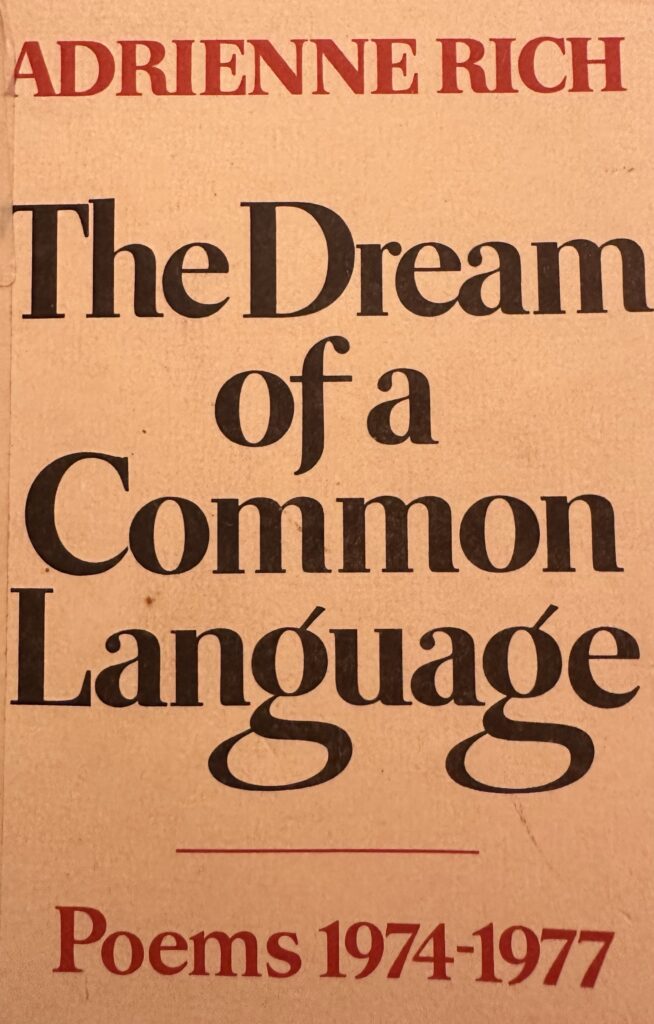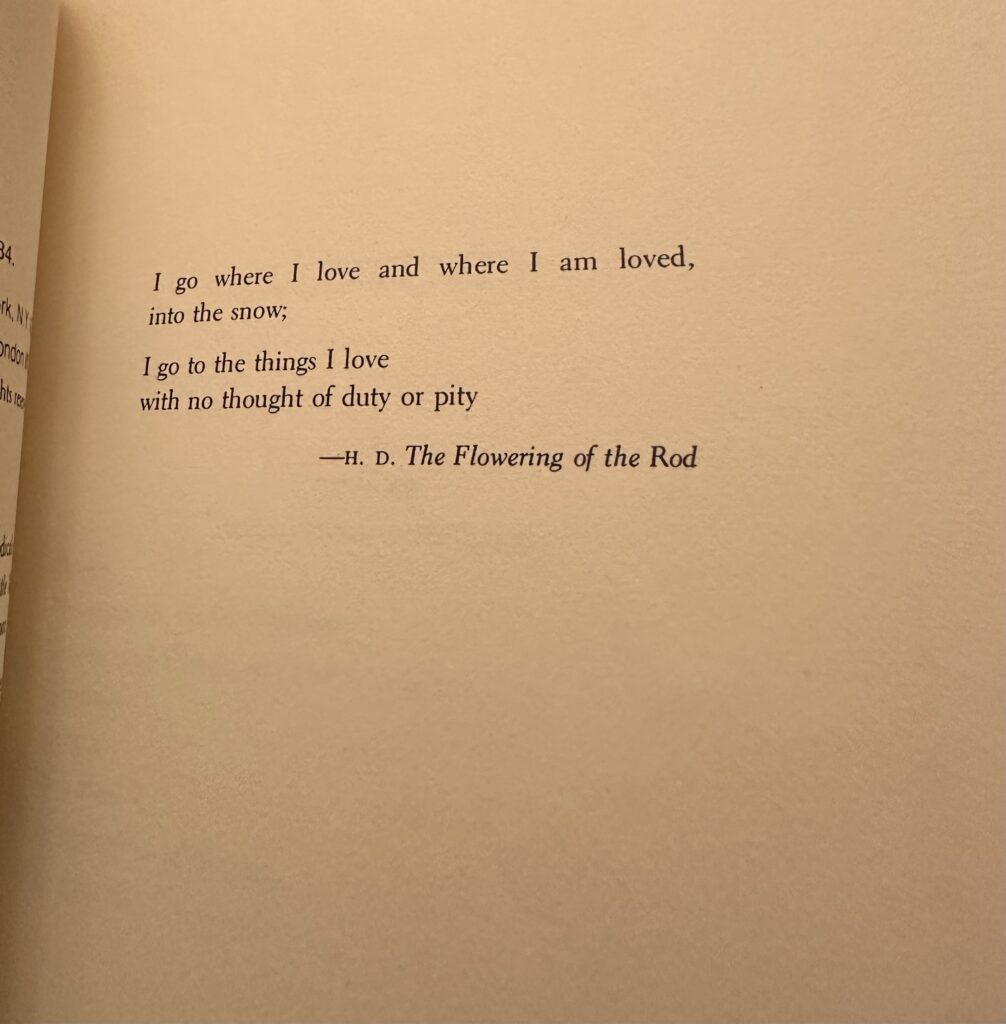Self-Pity by D H Lawrence – Famous poems, famous poets. – All Poetry
Self-Pity
I never saw a wild thing
sorry for itself.
A small bird will drop frozen dead from a bough
without ever having felt sorry for itself.
— Read on allpoetry.com/Self-Pity
This may be what Lawrence (or we) would prefer to believe about wild things, but consider those dolphins who refuse to eat after the death of a mate. Consider those geese who search for the lost mate until they themselves become disoriented and die. In fact the grieving have ur-sent reasons, even an urgent need, to feel sorry for them-selves. Husbands walk out, wives walk out, divorces happen, but these husbands and wives leave behind them webs of intact associations, however acrimonious.
Only the survivors of a death are truly left alone.
Joan Didion, the year of magical, thinking, 2005, Vintage Books, New York, NY, page 193. 

